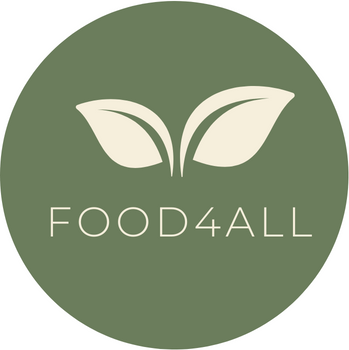Agroecology is the science of applying ecological concepts and principles to the design and management of sustainable food systems (Gliessman, 1998). In addition, agroecology is simultaneously a set of management practices (often based on local, traditional or indigenous knowledge) and a social movement. Rather than a one-size-fits-all blueprint, agroecological approaches can be seen as a series of principles and methods that have guided farming for millennia, refined and adapted to fit contemporary needs and resources. Agroecological systems perform multiple functions that benefit humanity: they produce food, fuel and fiber, while supporting environmental integrity. Agroecological approaches place a strong emphasis on re-establishing connections between the farm and wider communities. In this way, they build social capital and strengthen social cohesion. Although the boundaries of what constitutes an agroecological system are not absolute, a diverse range of management systems incorporate agroecological principles. A number of these management systems are described in the next sections, including conservation agriculture, mixed rice-fish systems, mixed crop-livestock systems, organic agriculture, agroforestry systems and permaculture. This document aims to demonstrate why agroecology is important, now and for a sustainable future. Firstly, a brief snapshot is presented, outlining the demographic, food security and environmental challenges facing humanity. In the context of these interrelated global challenges, including Earth system boundaries, it is argued that a new approach to agriculture is desperately needed. Based on a review of the scientific literature, agroecological practices and management systems are evaluated in terms of their potential to contribute to a greener economy by improving productive efficiency and resilience, environmental integrity and social well-being.
Definitions on Agroecology
0/1
A perfect storm on the horizon: inter-related global crises
0/1
Performance of different agroecological management options
0/1
Conservation agriculture
0/1
Mixed rice-fish systems
0/1
Mixed crop-livestock systems
0/1
Organic agriculture
0/1
Agroforestry systems
0/1
Permaculture
0/1
Environmental Initiative
0/2
References
0/1
Annex
0/2
About Lesson
